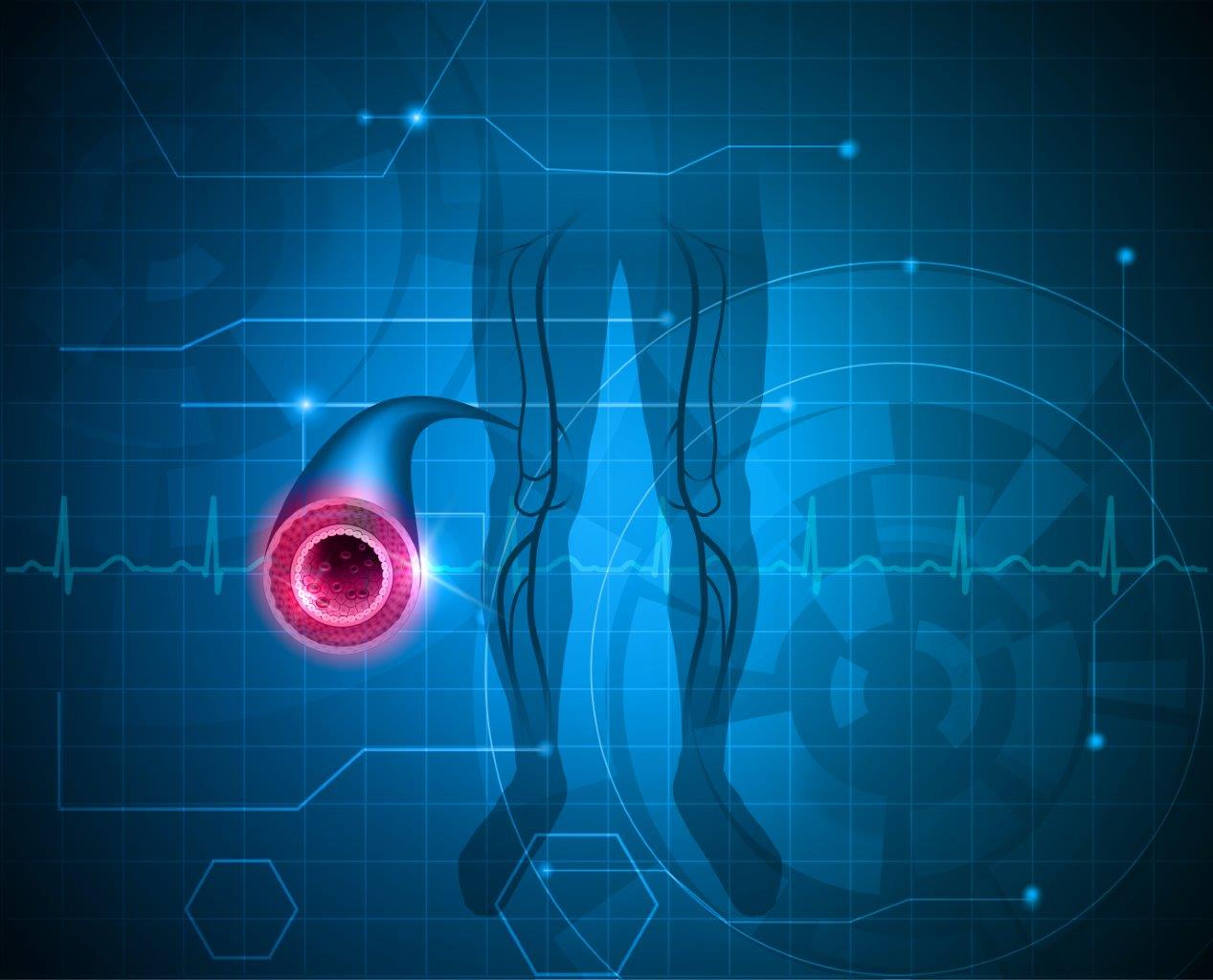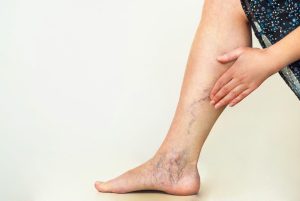
At Emirates Hospitals Group, we provide advanced and personalized care for patients suffering from Chronic Venous Insufficiency (CVI) — a condition that affects blood flow in the legs and can significantly impact quality of life. Our expert vascular specialists use state-of-the-art diagnostics and minimally invasive treatments to improve circulation, reduce discomfort, and prevent complications.

About Chronic Venous Insufficiency
Chronic Venous Insufficiency occurs when the veins in the legs become weakened or damaged, preventing blood from flowing efficiently back to the heart. This leads to blood pooling in the lower limbs, causing swelling, discomfort, and long-term vascular problems if left untreated.
Symptoms of CVI
Common signs and symptoms include:
-
Swelling in the legs or ankles (especially after long standing)
-
Aching, heaviness, or cramping in the legs
-
Itchy or discolored skin around the lower legs or ankles
-
Varicose veins
-
Leg ulcers or wounds that are slow to heal
-
Skin thickening or darkening (especially around the ankles)

Treatment Options
Our vascular team offers a comprehensive range of treatments, tailored to the severity of the condition:
-
Compression Therapy
Medical-grade compression stockings to improve blood flow and reduce swelling -
Medications
To manage symptoms and improve vein function -
Minimally Invasive Procedures
-
Endovenous Laser Treatment (EVLT)
-
Radiofrequency Ablation (RFA)
-
Sclerotherapy
These procedures close off damaged veins using heat or medication, rerouting blood through healthier vessels.
-
-
Surgical Options
Reserved for advanced cases where minimally invasive treatments are not suitable
All procedures are performed by our experienced vascular surgeons and interventional radiologists in a safe, comfortable, and modern clinical environment.
Who’s at Risk?
CVI can affect anyone, but certain risk factors increase the likelihood, including:
-
Age (40+)
-
Family history of vein disease
-
Prolonged standing or sedentary lifestyle
-
Obesity
-
Pregnancy
-
History of deep vein thrombosis (DVT)
-
Smoking
Frequently Asked Questions
CVI is usually caused by weakened or damaged valves in the leg veins, which fail to keep blood flowing upward toward the heart. This can result from aging, previous blood clots, varicose veins, or prolonged sitting or standing.
While CVI is a chronic condition, it can be effectively managed with lifestyle changes, compression therapy, and minimally invasive procedures like laser ablation or sclerotherapy. Early treatment can significantly reduce symptoms and prevent complications.
Not exactly. Varicose veins are a common symptom or result of CVI, but CVI involves deeper vein dysfunction and can lead to more serious complications such as skin damage or leg ulcers if untreated.
Our specialists perform a clinical examination and Doppler ultrasound to assess blood flow and identify valve dysfunction or vein blockages.
You should consult a vascular specialist if you experience leg swelling, visible varicose veins, skin discoloration, persistent pain, or ulcers on the lower legs — especially if symptoms worsen over time.
Request an appointment
Please complete the details and we will book you shortly.
Request an appointment
Please complete the details and we will book you shortly.

